African art has a rich and diverse history, encompassing a wide range of styles, materials, and techniques. As interest and appreciation for African art grow on the global stage, collectors worldwide are increasingly seeking to build their African art collections. Investment opportunities have arisen, and the beauty and richness of African art are gaining recognition. This journal aims to provide top tips for art collectors looking to expand their African art collection, guiding them through the process in an engaging and informative manner.
Understanding African Art
To build a solid foundation for your African art collection, it is crucial to understand the historical context and major regions, styles, and techniques associated with African art. Traditional African art, dating back centuries, encompasses a variety of mediums and subjects, while contemporary African art continues to evolve, incorporating modern themes and influences.
Africa’s diverse regions each have their unique art forms and styles. West Africa is known for its intricate bronze sculptures and masks, Central Africa for its expressive wood carvings, East Africa for its vibrant beadwork, and Southern Africa for its distinctive textiles and pottery. Familiarize yourself with these regional art forms to better appreciate the nuances and diversity of African art.

Building a Solid Foundation
To build a robust African art collection, you must first educate yourself about the subject. Engage with books, articles, and documentaries, and visit museums and galleries to gain a broader understanding of African art. Attend lectures and seminars to learn from experts and fellow enthusiasts.
Identify your personal taste and preferences in terms of style, medium, and subject matter. This will help you focus your collection and make it more cohesive. Establish a budget for your collection, taking into account the importance of financial planning and setting realistic goals.
Sourcing African Art
When sourcing African art, it is essential to work with reputable dealers and galleries that you can trust. Building relationships with these professionals will ensure the authenticity and quality of the artwork you acquire. Attend art fairs and auctions to discover new artists and pieces, and develop bidding strategies to secure desired works.
Explore online platforms such as social media, online galleries, and marketplaces to find and connect with African artists and dealers. Consider visiting Africa to immerse yourself in the local art scene, attending art residencies, and visiting artists’ studios and local markets.
Ensuring Authenticity and Provenance
To protect your investment and the integrity of your collection, ensure the authenticity and provenance of the artwork you acquire. Obtain a certificate of authenticity for each piece, and verify the artist and artwork through documentation. Seek appraisals and expert opinions to understand the value of the artwork and confirm its authenticity.

Caring for and Displaying the Collection
Proper care and conservation are essential for maintaining the value and beauty of your African art collection. Understand the environmental factors that may affect your artwork and employ appropriate storage and conservation methods. Handle and clean your collection carefully to avoid damage.
Curate and display your collection thoughtfully, creating a visually cohesive and engaging arrangement. Rotate and refresh your collection periodically to maintain interest and showcase different pieces.
In summary, building a meaningful and valuable African art collection involves understanding the historical context and diversity of African art, identifying your preferences and budget, sourcing artwork through reputable channels, ensuring authenticity and provenance, and caring for and displaying your collection thoughtfully. By following these top tips, you can enjoy the personal fulfillment of building a collection that reflects your tastes and passions while supporting African artists and communities. Furthermore, you can share the beauty and richness of African art with others, contributing to the growing appreciation of this incredible artistic tradition on the global stage.
Frequently Asked Questions
How can I be a good art collector?
To be a good art collector, you should:
- Educate yourself about the art you are interested in collecting, including its historical context, styles, and techniques.
- Develop a clear vision of your personal preferences and tastes.
- Build relationships with reputable dealers, galleries, and artists.
- Attend art events, such as fairs, auctions, and lectures to expand your network and knowledge.
- Ensure the authenticity and provenance of the artwork you acquire.
- Properly care for and conserve your collection.
- Continuously learn and adapt as your collection grows and evolves.
What skills do you need to be an art collector?
Some essential skills for an art collector include:
- Research and analytical skills for understanding the art market, artists, and their works.
- Networking and relationship-building skills for connecting with dealers, artists, and fellow collectors.
- Negotiation and bidding skills to secure desired artwork at reasonable prices.
- Basic knowledge of art conservation and preservation techniques.
- Financial planning and budgeting skills to manage your collection.
- A discerning eye for quality and authenticity.
What makes you an art collector?
An art collector is someone who acquires and curates a collection of artwork based on their personal tastes, interests, and goals. Art collectors often have a deep appreciation for the art they collect, and they dedicate time and resources to building and maintaining their collections. They actively engage in the art community, attend events, and continually learn about the art they are passionate about.
How do I make my art worth selling?
To make your art worth selling, consider the following:
- Ensure the authenticity and provenance of your artwork, as collectors value original and well-documented pieces.
- Properly care for and conserve your collection to maintain its quality and value.
- Display your collection thoughtfully, showcasing the beauty and uniqueness of each piece.
- Engage with the art community, attend events, and build relationships with potential buyers and dealers.
- Be prepared to discuss and share the story behind your collection, as collectors often appreciate the context and history of the artwork.
- Consider working with a professional appraiser or art consultant to determine the value of your artwork and guide you through the selling process.


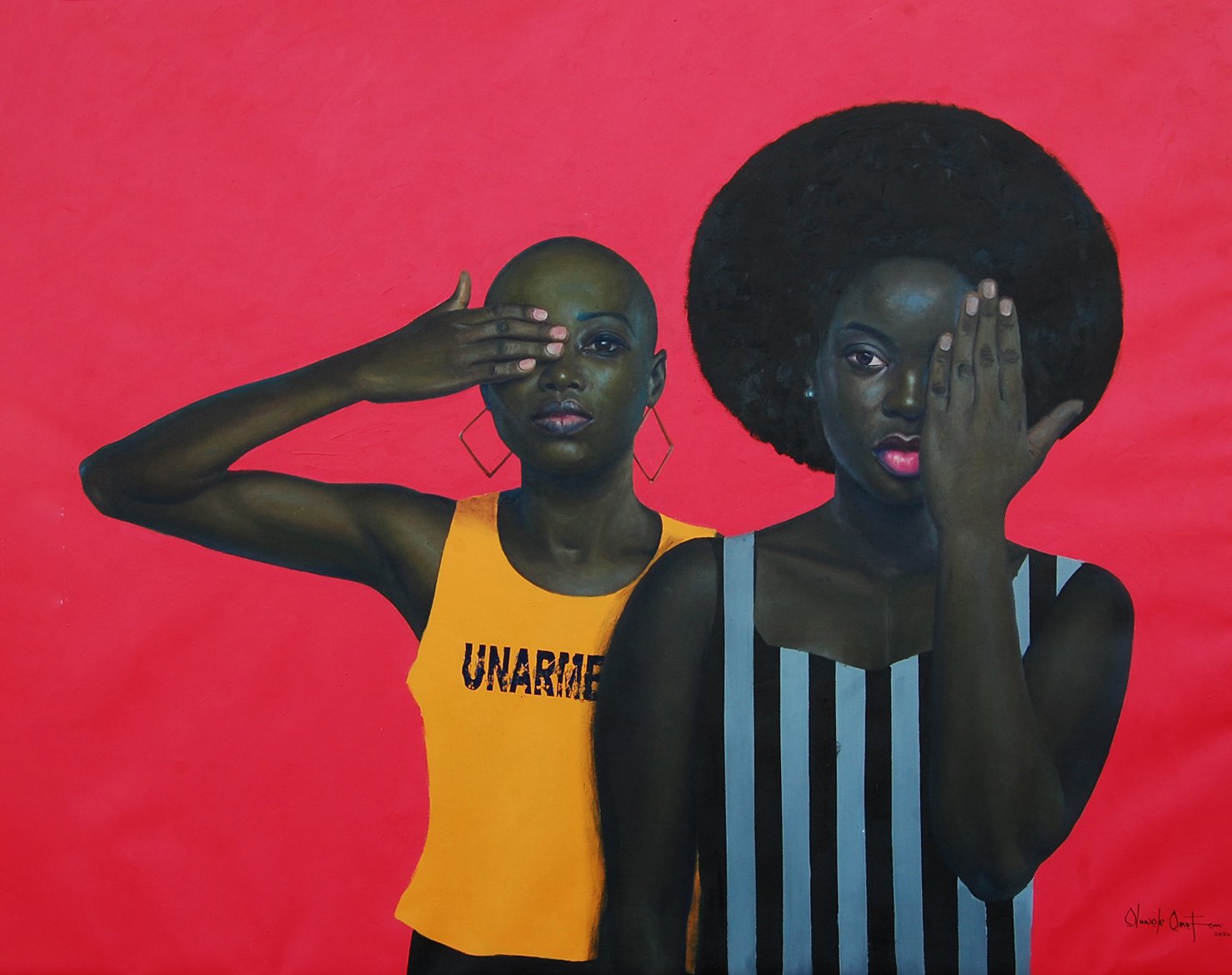
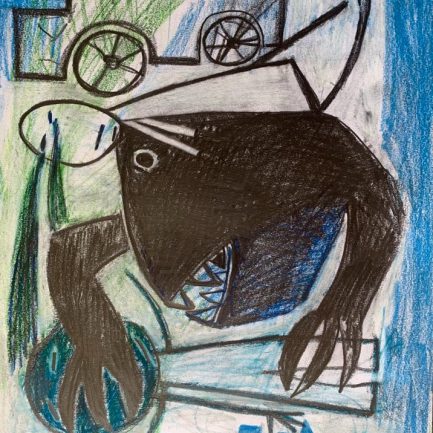

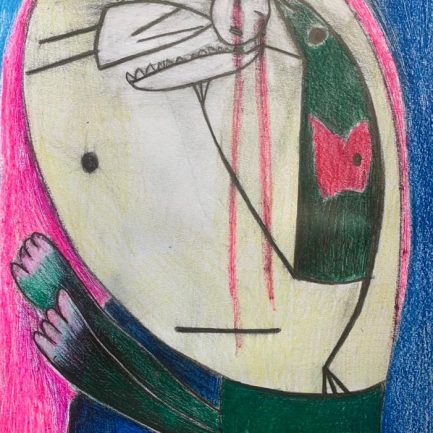

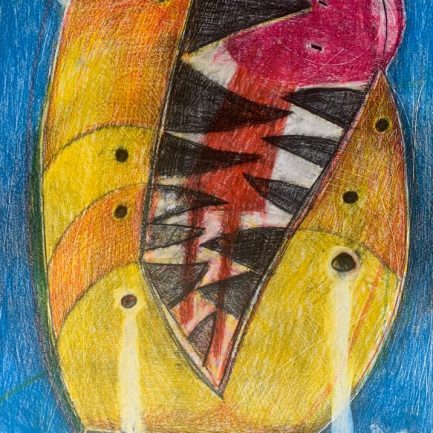

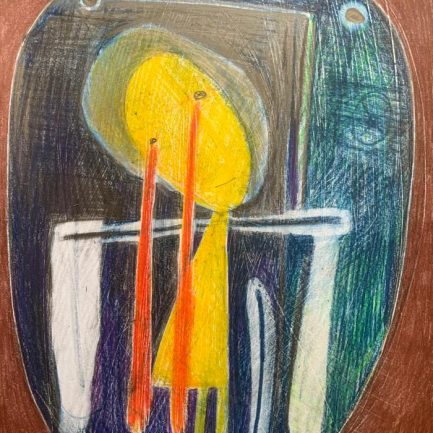

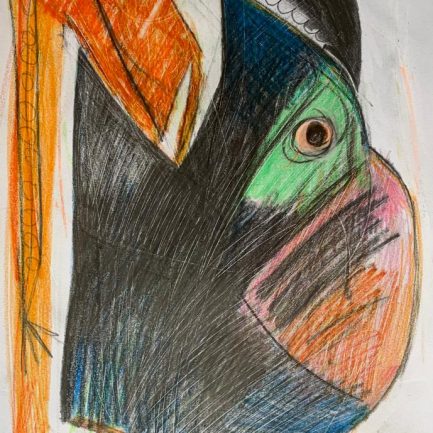

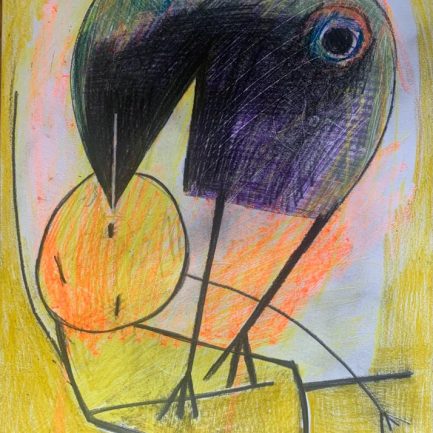

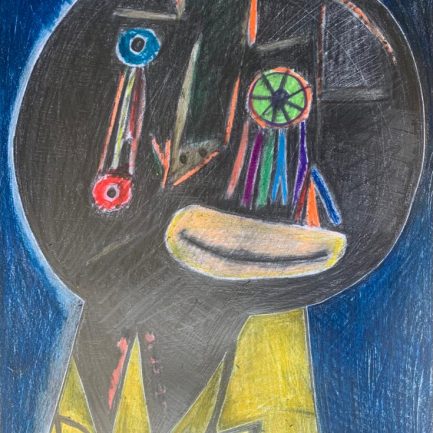

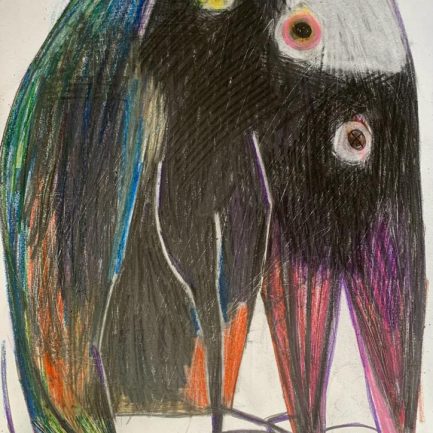

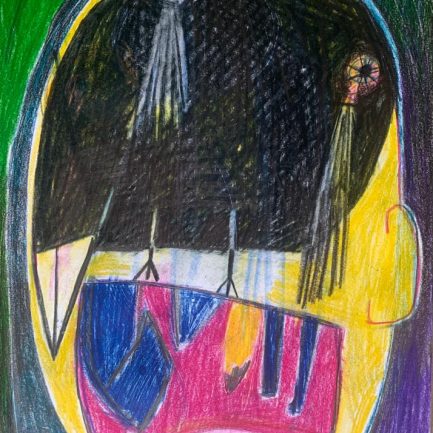

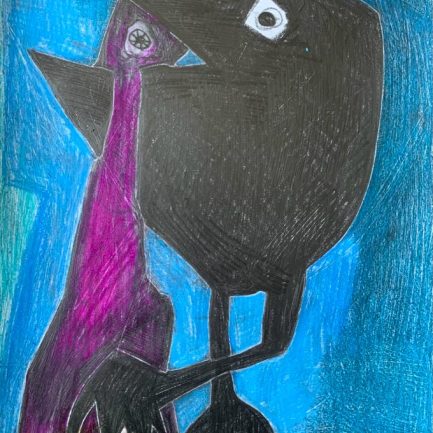

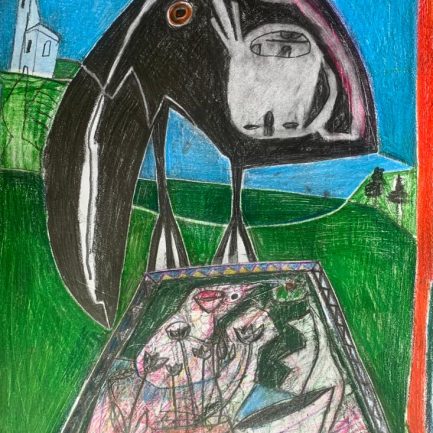

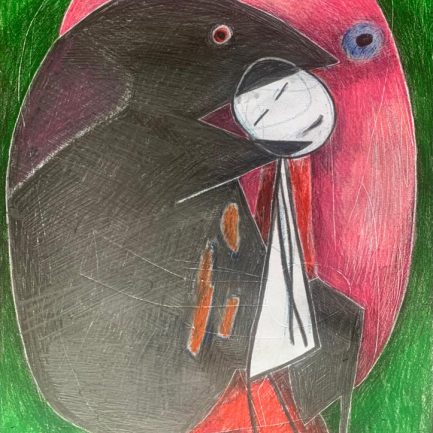


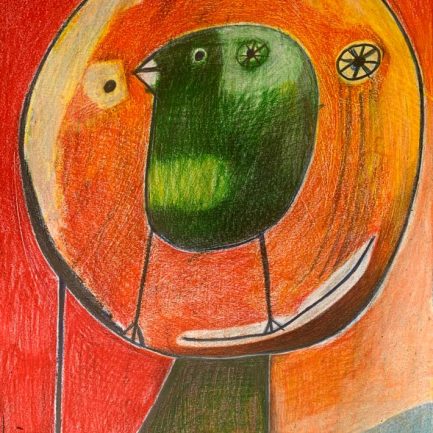


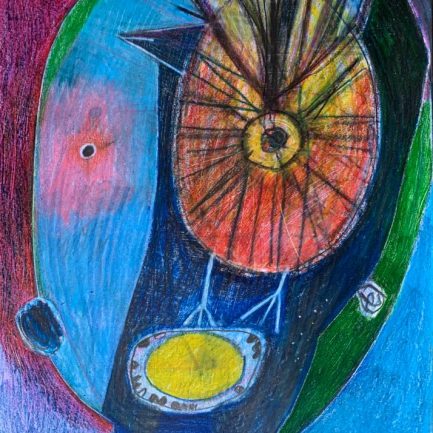



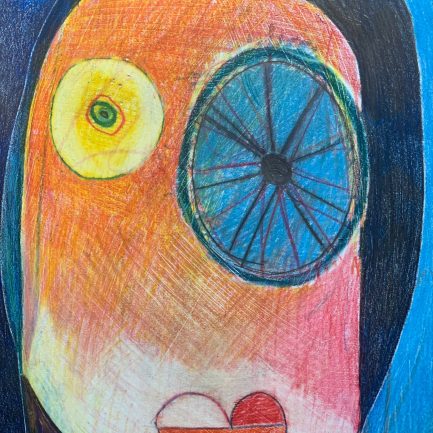



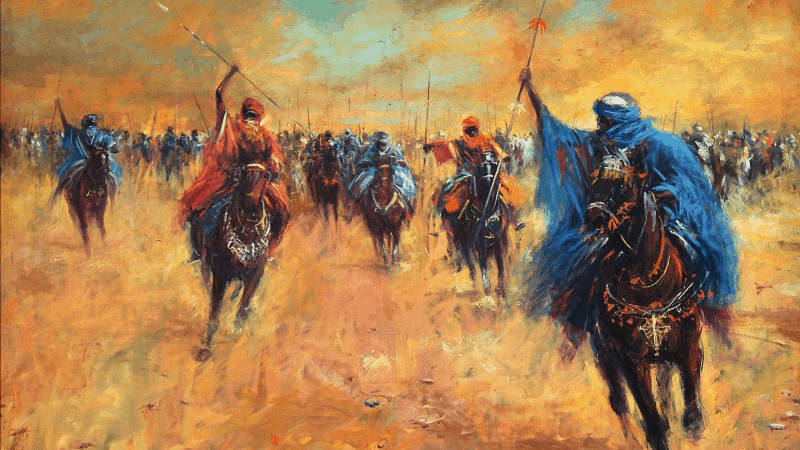
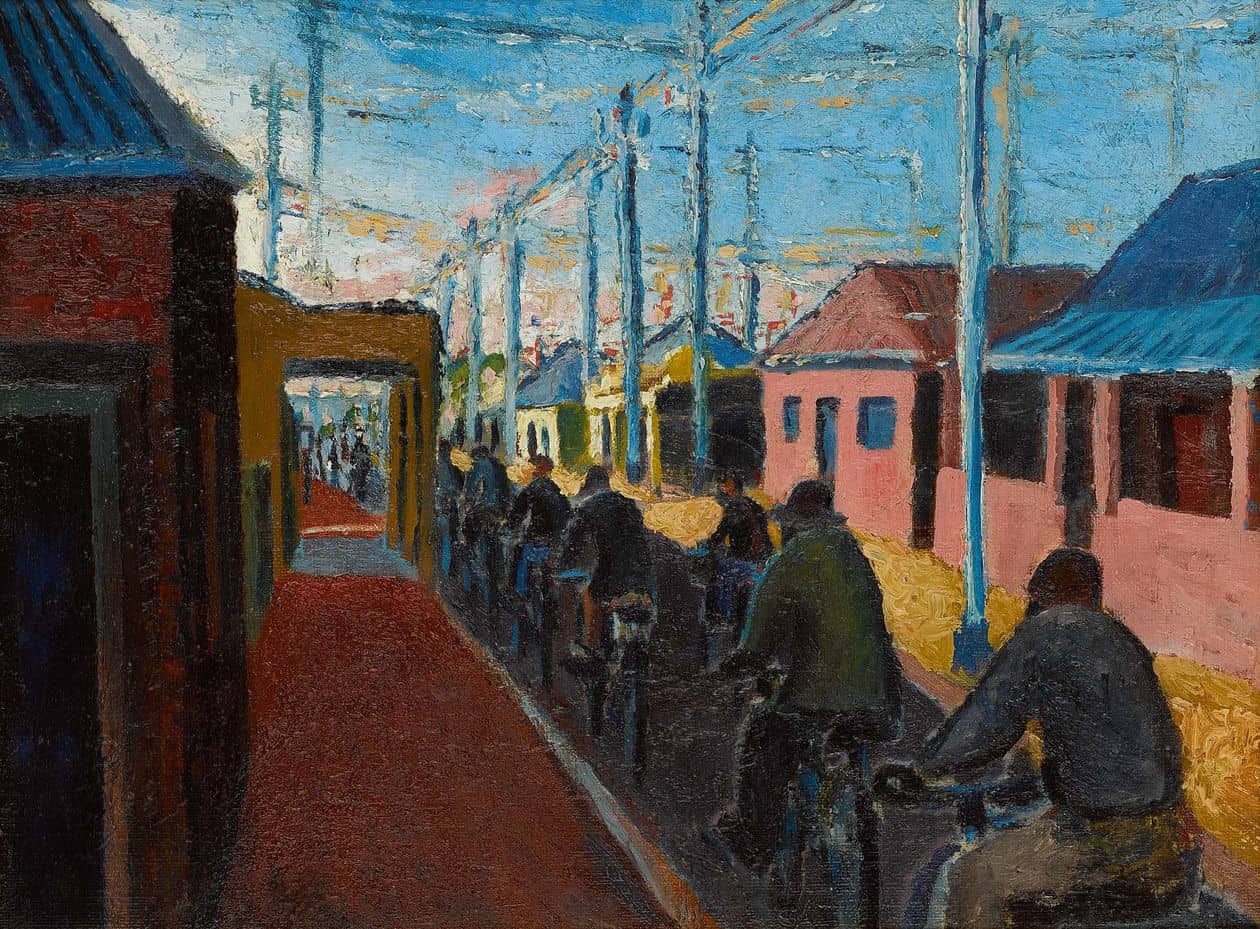
 No products in the basket.
No products in the basket. 
